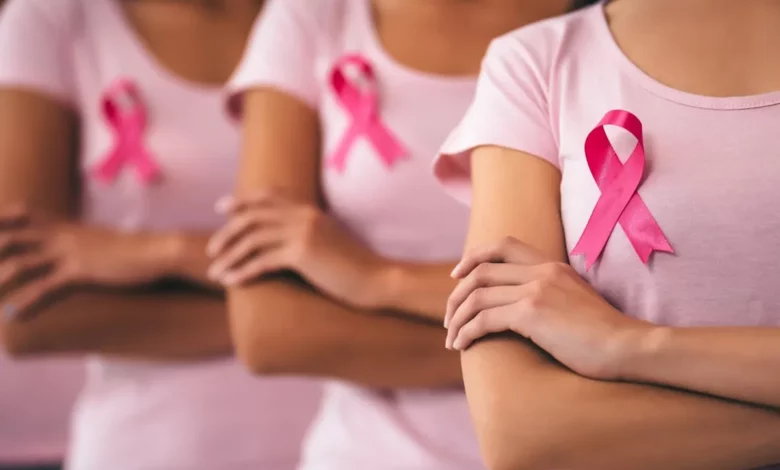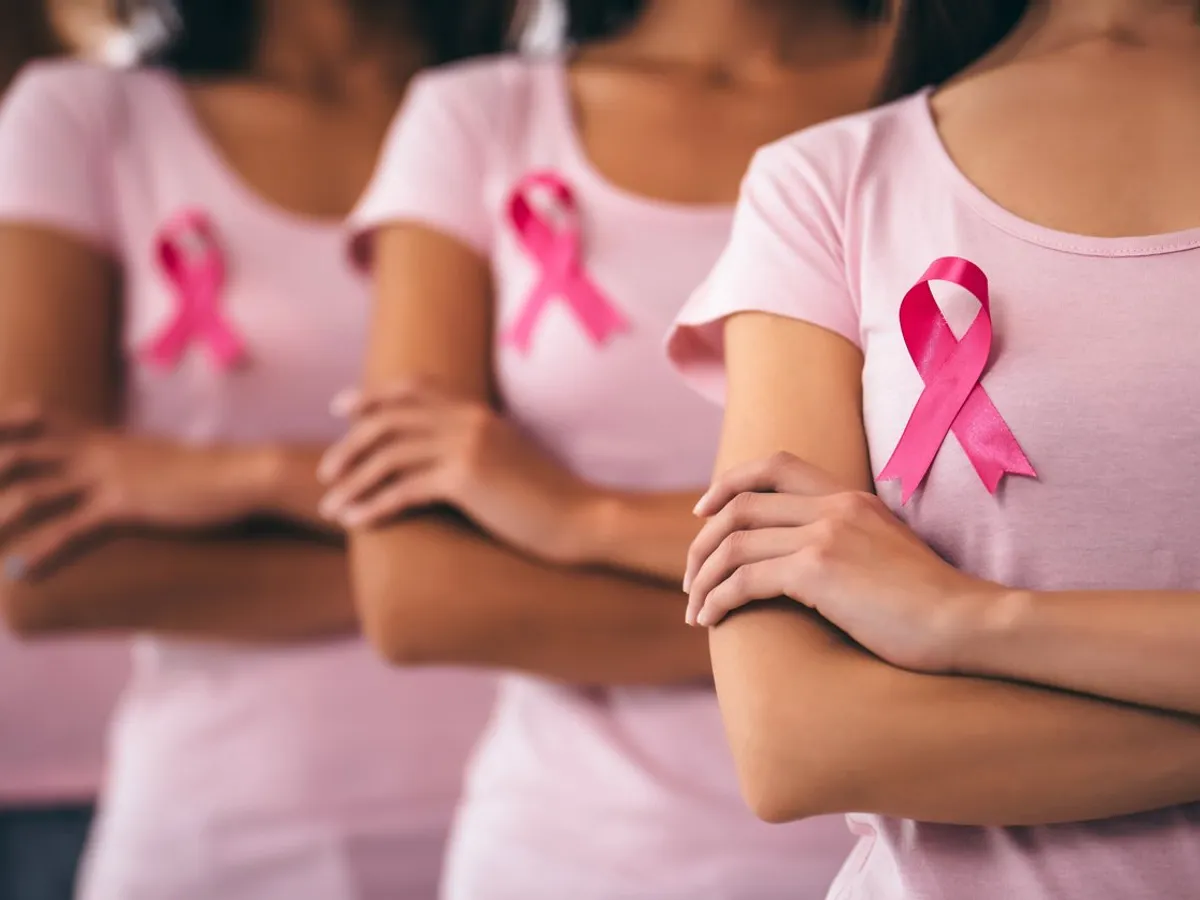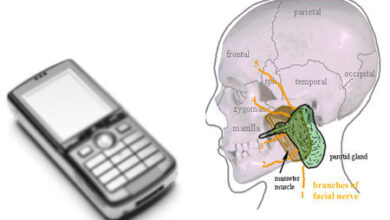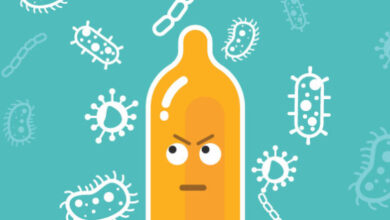

Breast cancer is a serious health concern affecting millions of women worldwide. While there are no foolproof ways of preventing breast cancer, adopting certain lifestyle habits can help reduce your risk. Here are ten recommendations to consider:
- Maintain a healthy weight: Being overweight or obese increases your risk of breast cancer, especially after menopause. Aim to maintain a healthy weight by following a balanced diet and engaging in regular physical activity.
- Stay physically active: Regular physical activity, such as walking, jogging, cycling, or swimming, can help reduce your risk of breast cancer. Aim for at least 30 minutes of moderate-intensity exercise every day.
- Limit alcohol intake: Drinking alcohol increases your risk of breast cancer. If you drink, limit your intake to no more than one drink per day.
- Quit smoking: Smoking is associated with an increased risk of many types of cancer, including breast cancer. Quitting smoking can reduce your risk of developing breast cancer and other health problems.
- Breastfeed: Women who breastfeed their babies for at least six months may have a lower risk of breast cancer than those who do not breastfeed.
- Limit exposure to radiation: Exposure to high levels of radiation, such as during radiation therapy for cancer treatment, can increase your risk of breast cancer. If possible, limit your exposure to unnecessary radiation.
- Be vigilant with hormone therapy: Hormone therapy can be helpful in managing menopausal symptoms, but it also increases the risk of breast cancer. If you need to use hormone therapy, discuss the risks and benefits with your doctor and use the lowest dose for the shortest amount of time.
- Eat a healthy diet: A diet rich in fruits, vegetables, whole grains, lean protein, and healthy fats. All this help reduce your risk of breast cancer.
- Get screened: Regular breast cancer screening, such as mammography. This can help detect breast cancer early when it is easier to treat.
- Know your family history: Women with a family history of breast cancer posses a higher risk of developing the disease. Talk to your doctor about your family history and any screening or prevention measures you should consider.
Remember that these lifestyle recommendations cannot guarantee that you won’t get breast cancer, but they can help reduce your risk. Speak with your doctor about any additional steps you can take to stay healthy and reduce your risk.




